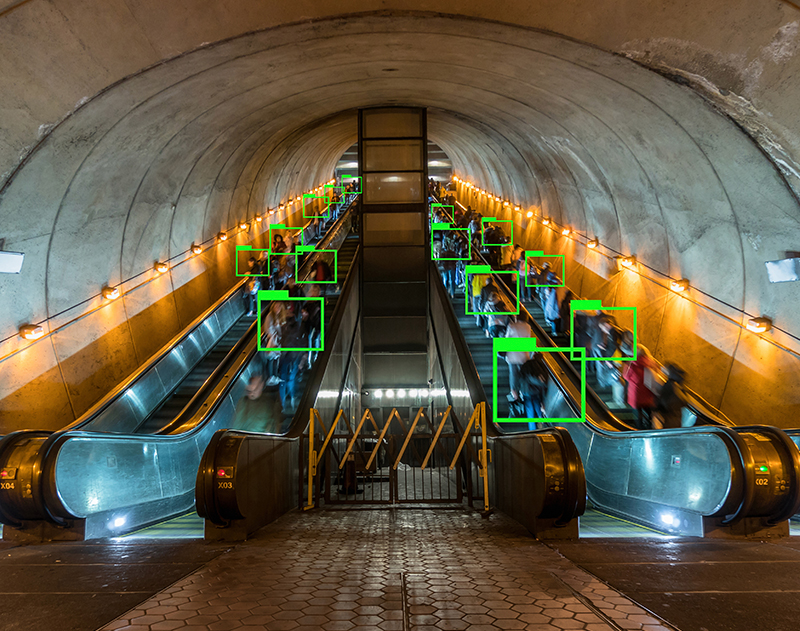From Vision to Reality: Building Smart Solutions with Microsoft Cognitive Services
In today’s fast-paced digital landscape, businesses are constantly seeking innovative ways to enhance their products and services to meet evolving customer needs. One powerful tool that has emerged to address these challenges is Microsoft Cognitive Services. By leveraging the capabilities of artificial intelligence (AI) and machine learning (ML), developers can build smart solutions that deliver personalized experiences, streamline operations, and drive business growth. In this article, we’ll explore how to turn your vision into reality by harnessing the power of Microsoft Cognitive Services.
Microsoft Cognitive Services are a set of cloud-based APIs and SDKs that enable developers to add intelligent features to their applications with ease. These services cover a wide range of capabilities, including computer vision, natural language processing, speech recognition, and more. By integrating these APIs into their solutions, developers can unlock powerful AI-driven functionalities without the need for extensive expertise in AI or ML.
The versatility of Microsoft Cognitive Services makes them applicable across various industries and sectors. For example, in retail, cognitive services can be used for personalized product recommendations based on customer preferences and browsing history. In healthcare, they can aid in medical image analysis and diagnosis. Similarly, in finance, cognitive services can enhance fraud detection and risk assessment processes. By identifying specific use cases relevant to your business or project, you can effectively leverage cognitive services to address key challenges and drive value.
Before diving into development, it’s essential to carefully plan your smart solution. Start by assessing your business needs and objectives to determine which cognitive service APIs align best with your goals. Consider factors such as scalability, integration with existing systems, and budget constraints. By creating a solid plan upfront, you can ensure a smoother development process and better outcomes for your project.
Once you’ve outlined your plan, it’s time to start building your smart solution. Inflexion provides resources to help integrate cognitive services into your applications. Whether you’re working with computer vision APIs to analyze images or using natural language processing APIs to extract insights from text data, following best practices for coding and implementation is crucial. We make sure to test your solution thoroughly throughout the development process to identify and address any issues early on.
To illustrate the real-world impact of Microsoft Cognitive Services, let’s take a look at a few case studies. In the retail industry, a leading e-commerce company used cognitive services to implement visual search functionality, allowing users to find products by uploading images. This resulted in a significant increase in user engagement and conversion rates. In healthcare, a medical imaging company leveraged cognitive services for automated analysis of MRI scans, reducing diagnosis time and improving patient outcomes.
As technology continues to evolve, so too will the capabilities of Microsoft Cognitive Services. Emerging trends such as edge computing, federated learning, and the democratization of AI are poised to shape the future of cognitive technology. By staying informed about these trends and embracing new innovations, developers can stay ahead of the curve and unlock even greater possibilities for building smart solutions that drive positive change.
In conclusion, Microsoft Cognitive Services offer a powerful toolkit for building smart solutions that empower businesses to innovate and thrive in today’s digital economy. By understanding the capabilities of cognitive services, identifying relevant use cases, and following best practices for development and deployment, developers can turn their vision into reality and create impactful solutions that deliver value to users and stakeholders alike. As we look to the future, the possibilities are endless for leveraging cognitive technology to drive innovation and transform industries across the globe.







